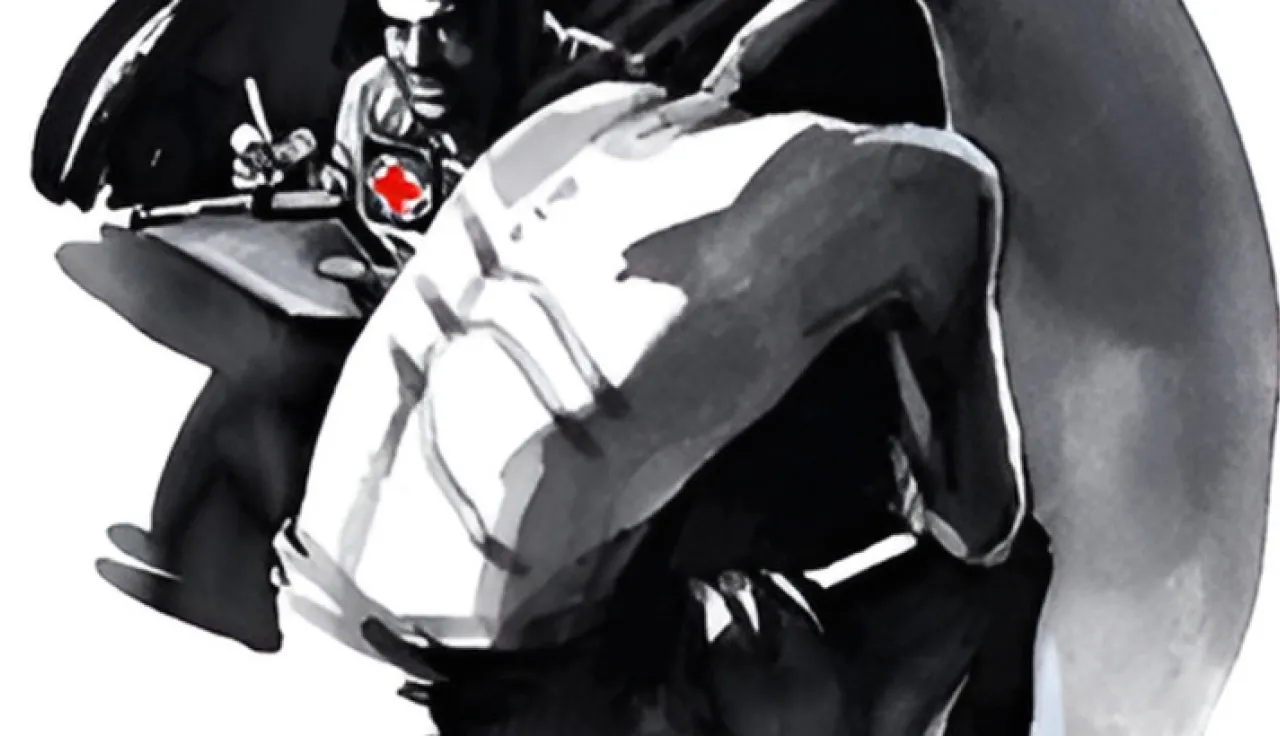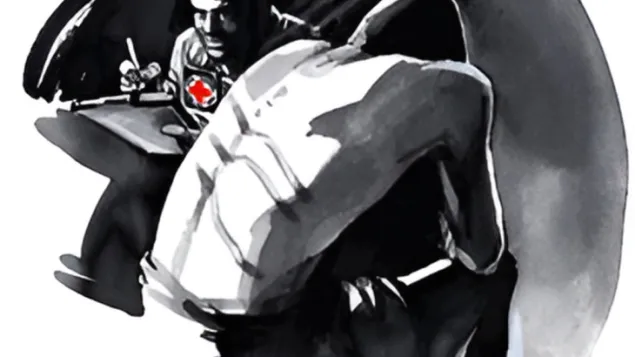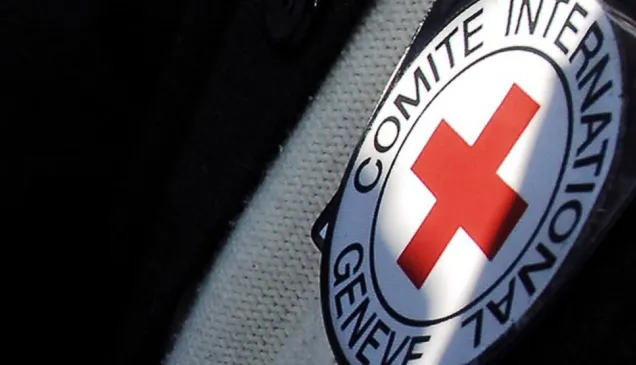Torture and ill treatment: The position of the ICRC


Torture and all other forms of cruel, inhuman, degrading or humiliating treatment are banned under international law. The ICRC strives to prevent these practices and put an end to them where they do occur, and we care for the victims of abuse and their families. The points below summarize both the facts about torture and ill-treatment and the way the ICRC deals with such abuse.
Torture and ill-treatment – some facts
- Torture is widespread. There is no country, no society today that is entirely immune from this phenomenon in one form or another.
- There is an absolute ban on torture and on all other forms of cruel, inhuman, degrading or humiliating treatment. This ban is set out in both international humanitarian law and international human rights law.
- Torture is an affront to humanity. It constitutes an intolerable outrage upon the victims themselves and upon human dignity.
- The physical and psychological consequences for individuals can be severe and irreparable. People who have suffered torture or other forms of ill-treatment need long-term rehabilitation.
- Nothing can justify torture or other forms of ill-treatment. This includes all political, economic, security, cultural or religious arguments.
- Families are the unseen victims of torture. Torture and ill-treatment can disrupt or destroy them.
- Torture and other cruel, inhuman or degrading treatment can destroy the social fabric of a community or society.
- Abuse generates hatred; it can generate deep resentment within communities and feed a cycle of revenge.
- In order to ensure that detainees suffer neither torture nor cruel, inhuman or degrading treatment, it is essential to respect basic judicial guarantees and procedural safeguards.
- Respect for judicial guarantees and procedural safeguards is an important step towards preventing abuse against people deprived of their liberty and improving conditions of detention.
What the ICRC is doing about torture and ill-treatment
- The ICRC strives to prevent and put an end to torture and cruel, inhuman or degrading treatment in armed conflicts and other situations of violence.
- The ICRC cares for victims of abuse and their families, putting the person at the centre of its action.
- To obtain and maintain the trust of victims and their families, and access to actors responsible for alleged torture and ill-treatment or with potential influence to prevent or put a stop to instances of torture and ill-treatment, the ICRC works in a strictly bilateral and confidential manner.
- The ICRC engages with all authorities and actors of influence, with the sole aim of preventing or putting a stop to abuse and ensuring humane treatment.
- The ICRC helps victims regain their dignity through its visits to places of detention. Based on its visits, the ICRC engages in confidential dialogue with the authorities on the treatment of detainees, conditions of detention and respect for judicial guarantees.
- The ICRC supports the victims of abuse and helps in their rehabilitation. We work with organizations that specialize in this field, including certain National Red Cross and Red Crescent Societies.
- The ICRC engages in a bilateral and confidential dialogue with government authorities and others to help them prevent and punish acts of torture and other forms of ill-treatment.
- The ICRC also supports national preventive mechanisms and the establishment of comprehensive and effective legal frameworks.



